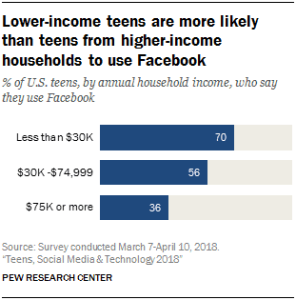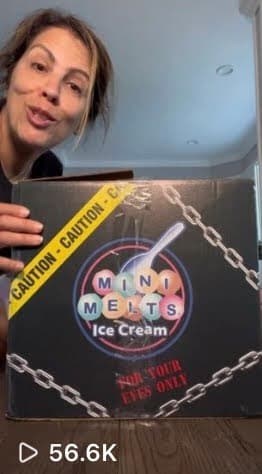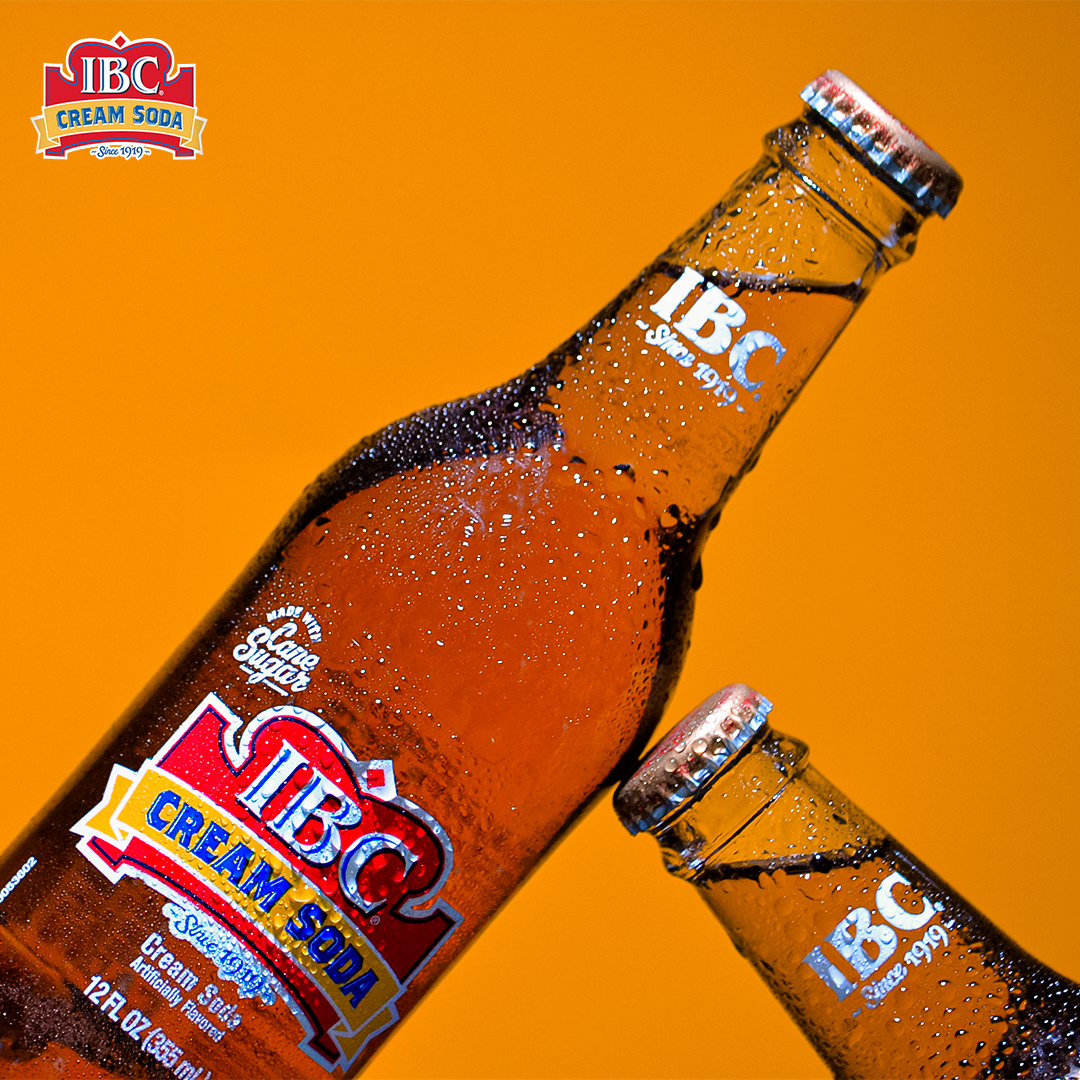February 1, 2019 | by Olivia Roehm, Account Executive
Move over Millennials, the Gen Z train is coming in hot! It’s no big secret that Gen Z already generates billions of consumer spending dollars. Studies estimate that by 2020 Gen Z will make up nearly 40% of consumer spending. With that much money circulating in the consumer market, we find ourselves asking, “what are they spending it all on?”
Let’s dive in and find out what drives SPENDING, motivates BUYING, and INTERESTS.

Who are Generation Z’ers?
Gen Z’ers can be classified as anyone born between 1995 and 2015. In early 2019 that means anyone roughly between the ages of 3 and 23. Times are changing, and so is the consumer culture. Gen Z is the first generation who has never known a time without the smartphone. This means they are a generation that is built on instant gratification, and constant access to a wealth of information.
This is a generation that knows what they want, and if they don’t know, they have a device in their pocket that is going to help them figure out. Businesses should pay close attention to consumer market trends, not just for their individual products and services; But, for ways they are marketing and advertising to this new generation of young, diverse, and technologically driven buyers.
How Does Gen Z Buy?
The old days of building brand loyalty hoping the customer will stay with you for the long hall are gone. Gen Z shoppers are more likely to care about the quality of the product, the price of the product, and who is using it than the actual brand.
Can you think of an e-commerce store that does not have a customer review platform built in for prospective buyers? I can’t. Amazon created the industry standard for peer to peer customer reviews; And, e-commerce stores are not listening to their customers if they aren’t making reviews a priority. Gen Z knows this, and it has become their expectation. It is safe to say that the consumer packaged goods industry has its work cut out for them. If you are a business, marketing to Gen Z, you better be up to date on how they’re shopping, and able to adapt quickly to meet their needs.
Gen Z and the Impact of Social Media on Buying Habits
73% of Gen Z shoppers said they would make a purchase based off of a social media recommendation. This statistic is huge! That means that if you are selling a consumer product and are not on social media, it’s time to either get on board or get left behind.
When it comes to social media, we have to consider that every platform is not the same, and likewise, because Gen Z are not Millennials or Baby Boomers. To Gen Z, Facebook is for “old people”. Although there are still billions of users on Facebook worldwide, studies show that Instagram, Snapchat and Youtube are king. These platforms are much more visually driven in their content, and have the ability to communicate in short form, through pictures, and short video snippets.

When it comes to marketing to Gen Z, the mindset of “build it and they will come” is no longer relevant. Try, “They are already here, how do we target them best?”
Where is Gen Z spending their money?
Food and Beverage! Gen Z spent $78 billion in restaurants in 2016, and that number is only expected to grow as the population ages.
The Gen Z culinary tastes and preferences are based on wildly different worldviews than that of their predecessors. This is an entire generation that is growing up health conscious. The days of sugar-packed drinks, candy, and junk food are coming to an end. Did you know that most of Gen Z consider a large soda to be just as unhealthy as Tobacco?
Here are some helpful food and beverage trends to consider when targeting Gen Z consumers
- Gen Z is the most diverse demographic to ever enter the consumer market. As such they are very into international cuisines and edgy, hip, and trending fusion recipes. This has caused a bit of a market disruption. I mean, whoever thought we would see “Tikka Masala Meal Kits”, and “Chinese Peking Duck-Flavored Chips” hit the shelves?
- Gen Z are more price conscious than millennials have been. It is not uncommon for a Gen Z diner to consider price when researching a menu online. Historically, restaurant patrons would consider price once at the restaurant, but Gen Z takes it into consideration before even choosing where to dine.
- Gen Z dines out a lot. With the advancements technology has had on the dining industry, it’s no wonder the tech-driven, Gen Z, app society is eating out more.
Remember, this is the generation of instant gratification. They can now order food, from almost any restaurant in the city, and have it delivered straight to their couch. There is no more guessing games and calling for a reservation, there is an app for that. One person is no longer responsible for picking up the tab. New money sharing apps make it easy for friends to split their portion of the check and pay the restaurant on their phones.
- As mentioned, Gen Z is health conscious about what they eat, but that doesn’t stop them from indulging in the classics we have all come to love. Gen Z has an affinity for street foods, appetizers, and the good ole American triple — Chicken, Burgers, and Pizza. All this means for the dining industry is that they are going to have to come up with more creative ways to serve these types of foods. This may include making good use of some industry trending trigger words:
- Organic
- Non-GMO
- Local
- Sustainable
- Gluten-Free
Gen Z, Millennial, or Baby boomer, the generation doesn’t matter. If you are a business looking to market to customers in 2019, you need to make sure you are giving the consumer what they want. Since it looks like Gen Z is going to be the largest pool of consumers in the market, the pressure is on to find out what they want and to reach them through an outlet that is going to resonate with them. Gen Z is going to be the largest demographic in the consumer market soon. Businesses will have to stay update on relevant market trends if they have any chance of getting a piece of the Gen Z pie.





